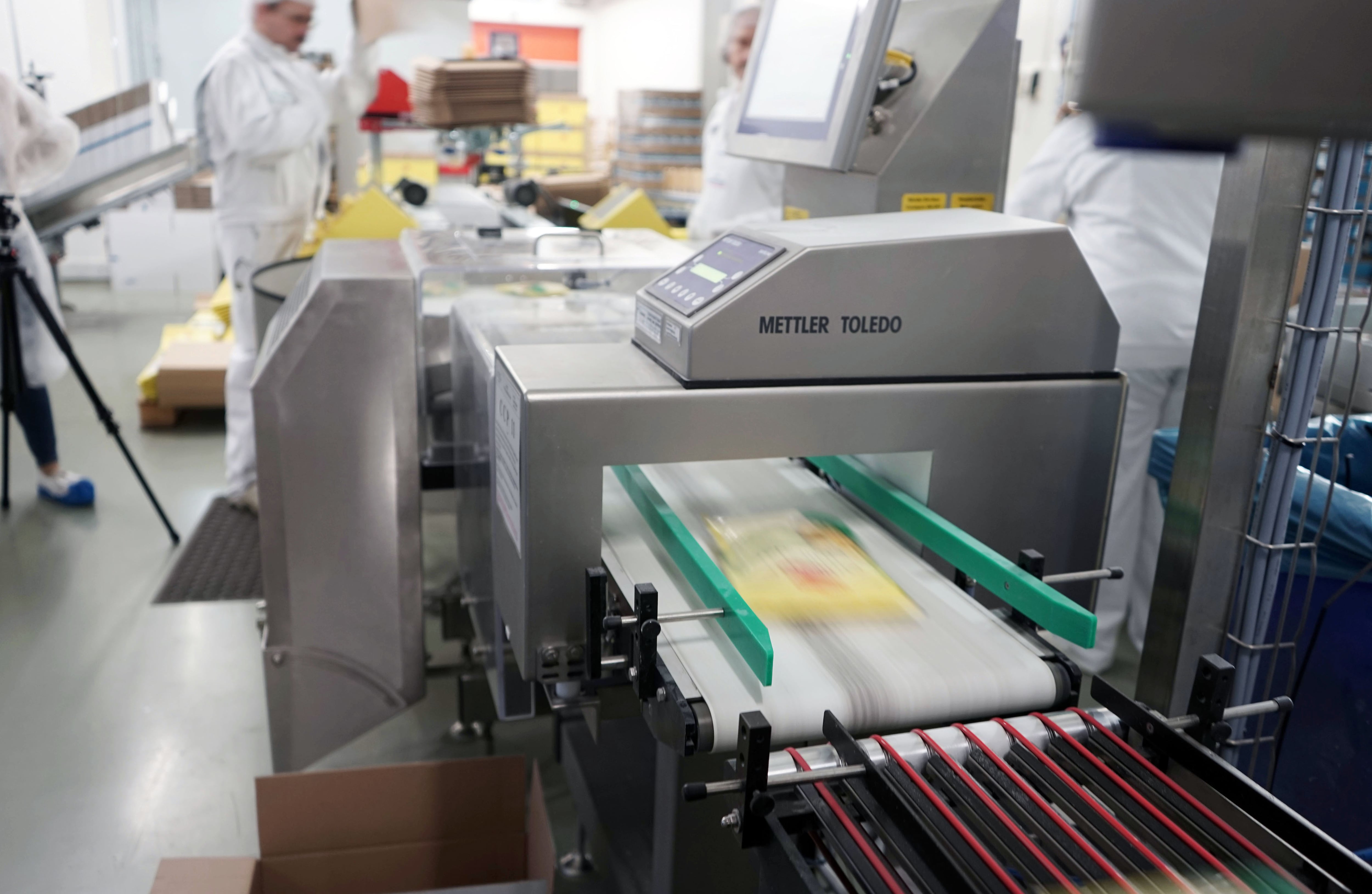Retailer compliance has become one of the defining challenges for food manufacturers. Once focused mainly on hygiene and product safety, it now stretches to cover traceability, sustainability, packaging integrity and data transparency.
Retailers expect complete assurance that every item on their shelves is authentic, accurately labelled and produced under tightly controlled conditions.
Meeting these expectations requires manufacturers to demonstrate not only robust systems but the ability to prove performance through data that can stand up to external scrutiny.
Rising expectations
Retailer standards are rooted in the principles of the Global Food Safety Initiative (GFSI), yet each retailer interprets them differently. Some place greater emphasis on allergen management, while others prioritise labelling accuracy or packaging checks. Many now specify how data should be captured and reported, going beyond certification schemes to define their own inspection and verification methods.
These additional requirements help retailers manage brand risk but also add complexity for manufacturers supplying multiple customers.
Most codes of practice are reviewed every few years or updated in response to new risks. Recent tightening around food fraud, undeclared allergens and environmental reporting shows how quickly the compliance agenda can shift.
Retailers are also demanding greater visibility of their supply chains, often asking suppliers to provide digital traceability data in near real time. For many manufacturers, that means rethinking data management across their production and quality functions to meet the same standards demanded by the retailers’ own internal systems.
Global alignment and local pressure
For manufacturers operating internationally, the differences between retailer standards are further complicated by regional regulation.
In the UK, food safety is governed by the Food Safety Act 1990, supported by EU-derived regulations retained post-Brexit, which include traceability requirements under the EU Food Hygiene Package. While these rules establish the legal framework for food safety and traceability, they do not impose the kind of rapid recordkeeping and data-sharing obligations seen in the United States.
Across the Atlantic, the Food Safety Modernization Act (FSMA) sets the legal foundation for food safety in the US. Its Food Traceability Final Rule on Requirements for Additional Traceability Records for Certain Foods, under FSMA Section 204, requires producers of certain high-risk foods to record Key Data Elements for each Critical Tracking Event and share those records within 24 hours. The deadline for compliance is the 20 July 2028.
Although designed for the US market, this rule reflects a broader global shift toward real-time, data-driven traceability.
UK manufacturers exporting to North America, or supplying multinational retailers that adopt similar standards, are already feeling the impact. The message is clear. The ability to demonstrate control through data is becoming a universal expectation.
From annual audits to constant readiness
Audits remain the key mechanism for verifying compliance, but their nature is changing.
Most large retailers still conduct annual reviews, often supported by unannounced visits for high-risk sites. However, these audits are no longer viewed as standalone checkpoints. The rise of virtual and hybrid formats, combined with ongoing data sharing, means retailers can monitor performance between visits.
This shift demands a state of constant readiness. Manufacturers must be prepared to present evidence of control at any time, supported by digital records that demonstrate traceability and product integrity.
The focus has moved from preparing for an event to maintaining proof of control throughout production. Achieving that requires reliable inspection equipment, well-trained staff and a disciplined approach to recording and reviewing data.
Technology and traceability working together
Product inspection technology is central to retailer compliance, providing the data and traceability evidence manufacturers need during audits.
Checkweighers confirm product weight and completeness, while metal detection, x-ray and vision inspection systems help identify physical contaminants or packaging defects before products reach the consumer.
Each system automatically records inspection data, such as test results, reject events and performance verification checks, creating a transparent, traceable record that can be reviewed at any point.
When this inspection data is connected through digital platforms, it becomes even more powerful. Linking production and quality information creates a single, reliable view of process performance.
Manufacturers can retrieve detailed records quickly during audits and use the same data to monitor efficiency, reduce waste and identify opportunities for improvement.
The datasets that support retailer compliance can also meet wider regulatory traceability requirements. The ability to access and share verified information within hours, not days, is fast becoming a marker of operational maturity and competitiveness.
Staying ahead of change
Keeping pace with compliance changes starts with clarity. Mapping retailer and regulatory requirements helps manufacturers see where standards overlap so they can design systems that meet several at once.
Most share the same core principles, including hazard analysis, control verification and reliable recordkeeping. Regular audits, mock recalls and staff training turn those principles into daily practice and build lasting confidence.
For producers, early engagement with retail partners can make compliance far less daunting. Honest conversations about digital systems and documentation create transparency and build trust. Retailers are often more supportive when suppliers show initiative and a willingness to strengthen their processes, rather than waiting for problems to arise.
What the future holds
Retailer compliance is shifting toward a broader view of product integrity that includes sustainability, resource efficiency and carbon data. Artificial intelligence and predictive analytics are expected to play a greater role, enabling both retailers and manufacturers to anticipate issues before they disrupt production.

Ultimately, compliance and auditing are no longer isolated processes but continuous systems of assurance. Food manufacturers that invest in digital traceability and embed accountability across their operations will be best placed to meet these changing expectations. In doing so, they will not only retain retailer confidence but also strengthen their own resilience and competitiveness in a food industry where standards continue to rise.




